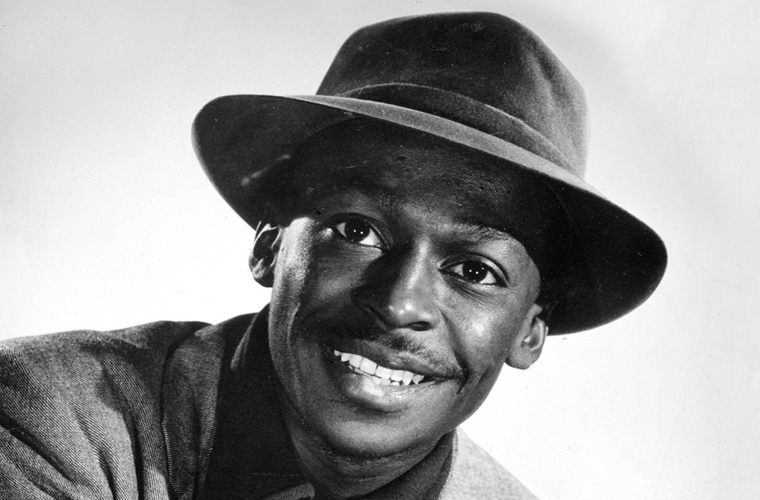Miles Davis, born on May 26, 1926, was an iconic American jazz musician, composer, and bandleader. Throughout his illustrious career, Davis played a pivotal role in the development of several jazz subgenres, including bebop, cool jazz, hard bop, modal jazz, and jazz fusion. His innovative approach to music, distinctive trumpet playing, and fearless experimentation made him one of the most influential and celebrated figures in the history of jazz.
Davis was born in Alton, Illinois, and raised in East St. Louis. His interest in music was sparked at a young age, and he began playing the trumpet at the age of 13. He honed his skills while attending the prestigious Juilliard School of Music in New York City. It was during this time that he immersed himself in the vibrant jazz scene of the 1940s, where he had the opportunity to play alongside legendary musicians such as Charlie Parker and Dizzy Gillespie.
Davis’ career was marked by a series of groundbreaking innovations that pushed the boundaries of jazz. In the 1940s, he was at the forefront of the bebop movement, a style characterized by fast tempos, complex chord progressions, and improvisation. He later transitioned to cool jazz, a more subdued and melodic style that emphasized formal arrangements and a relaxed atmosphere. His 1959 album “Kind of Blue” is widely regarded as one of the greatest jazz albums of all time and a seminal work in the modal jazz genre.
As the 1960s unfolded, Davis continued to evolve his sound, incorporating elements of rock, funk, and electronic music into his work. His landmark albums “In a Silent Way” (1969) and “Bitches Brew” (1970) are considered pioneering efforts in the jazz fusion movement, blending traditional jazz with elements of rock and electronic instrumentation. Davis’ influence extended far beyond the realm of jazz. His willingness to defy convention and embrace new musical directions inspired generations of musicians across various genres. His collaborations with artists such as John Coltrane, Herbie Hancock, and Wayne Shorter yielded some of the most innovative and enduring recordings in the history of jazz.
In addition to his musical contributions, Davis was also a prominent figure in the civil rights movement. His outspoken advocacy for racial equality and his refusal to perform at segregated venues made him a symbol of resistance and empowerment for many. Davis’ impact on the world of music was recognized with numerous accolades, including multiple Grammy Awards and an induction into the Rock and Roll Hall of Fame. His legacy continues to thrive through reissues of his classic recordings, tributes from contemporary artists, and ongoing scholarly exploration of his innovative approach to music.
Beyond his musical achievements, Davis’ personal life was marked by both triumphs and challenges. His struggles with drug addiction and turbulent personal relationships were well-documented, yet they never overshadowed his artistic brilliance. Miles Davis passed away on September 28, 1991, leaving behind a legacy that continues to inspire and captivate audiences around the world. His enduring influence on the evolution of jazz and popular music remains unparalleled, solidifying his status as a true visionary and an immortal figure in the annals of musical history.
Miles Davis’ impact on the world of music transcends genres and generations. His fearless pursuit of innovation, uncompromising artistic vision, and profound musical legacy ensure that his name will forever be synonymous with excellence and creativity in the realm of jazz and beyond.


